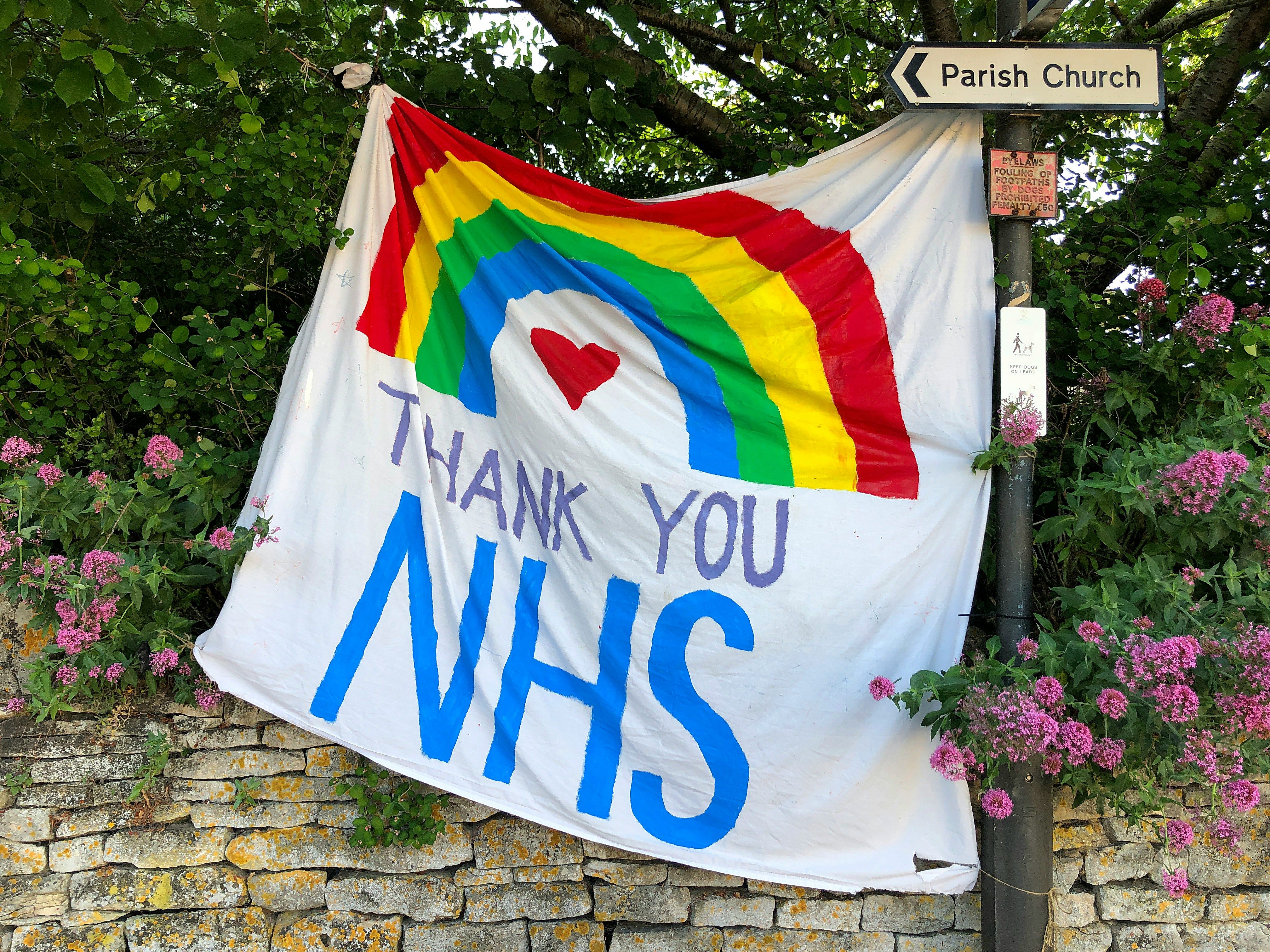UK Healthcare System: What International Students Need to Know
New country, new culture… and a whole new healthcare system to understand! If you're an international student studying in the UK, figuring out how to look after your health can feel a bit overwhelming — but we’ve got you covered. Here's a simple, student-friendly breakdown of how healthcare works in the UK and what you need to do.
What is the NHS?

The NHS (National Health Service) is the UK's public healthcare system. It provides free or low-cost medical treatment for everyone living in the UK, including international students.
As part of your student visa application, you would have paid the Immigration Health Surcharge (IHS) — this gives you full access to NHS services during your time in the UK.
So once you’ve arrived, you don’t need to pay again to see a doctor or visit a hospital. You’re covered!
Registering with a GP (Doctor)
Once you’ve settled in, one of the first things you should do is register with a GP (General Practitioner) near your university or accommodation. GPs are your first contact for most health issues — like flu, minor injuries, or mental health support.
To register, you’ll usually need:
- Your passport and visa
- Your BRP (Biometric Residence Permit)
- Proof of address (student accommodation contract, tenancy agreement, etc.)
You can often register online or in person. Check the NHS website or your university’s student support for help finding a local GP.
What To Do in an Emergency
If something serious happens (like chest pain, broken bones, or a medical emergency), you can:

- Call 999 for an ambulance
- Go straight to your nearest A&E (Accident & Emergency) department
If it’s not life-threatening but still urgent (like you feel very unwell or aren’t sure what to do), call NHS 111 — it’s free, 24/7, and gives expert advice.
Prescriptions and Medicine
In England, you usually pay a flat fee for prescriptions — currently £9.90 per item. But in Scotland, Wales, and Northern Ireland, prescriptions are free.
If you take regular medication, ask about a Prescription Prepayment Certificate (PPC) — it can save you money in the long run.
You can collect prescriptions at local pharmacies, many of which are open late and on weekends.
Dental and Eye Care
Unlike GP visits, dental and eye care are not fully covered by the NHS — you’ll usually have to pay something unless you're eligible for extra support.
Some universities offer:
- Discounted dental check-ups
- Free eye tests or glasses vouchers
Also, if you're on a low income, you can apply for help with costs using the HC1 form — definitely worth a look!
Mental Health Support
University life can be exciting, but also stressful — especially if you're far from home. The good news is, there’s support available:
- Most unis offer free counselling services
- You can also speak to your GP about NHS mental health support
- Or contact free helplines like Samaritans (116 123) or Shout (text “SHOUT” to 85258)
Don’t suffer in silence — there’s always someone to talk to.
Do I Need Extra Health Insurance?
If you paid the IHS, you don’t need private insurance for NHS care.
However, some students choose private insurance for:
- Faster access to specialists
- More treatment options
- Cover for things not included in the NHS (like private dental or physio)
It’s optional — totally up to you and your budget.
Quick To-Do List for International Students
- Register with a local GP ASAP
- Know how to contact NHS 111 and 999
- Sort out your prescriptions if needed
- Ask your uni about health and wellbeing services
- Fill in the HC1 form if you’re worried about healthcare costs
Final Thoughts
The UK healthcare system might seem confusing at first, but once you get registered and know where to go, it’s actually very accessible. The NHS is there to support you — whether you’ve got a sore throat, feeling stressed, or just need some advice.
Take care of yourself and don’t be afraid to ask for help — that’s what it’s there for.
